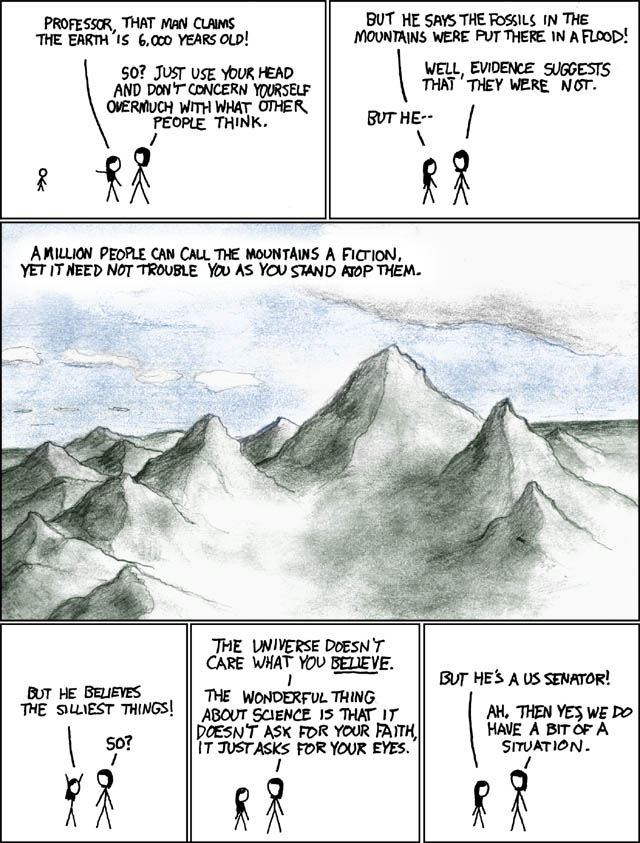A
Amaris
Guest
That's why I've always been in an odd position as a Protestant, though I think some Protestants believe it and do not say it for fear of what their fellows will say. Truth be told I lean towards Orthodoxy, but as you might imagine, it greatly complicates matters for me as a woman, that I believe at some point in my life I am called into the ministry. I do not believe I would be called and then be told I am more unequal to such service than any man is. (Because we all are--but that's what grace is about.)
That is something that has always rubbed me the wrong way, the idea that a woman can't answer a Call into the ministry. Last time I checked, having certain anatomical differences doesn't make you any more or any less of a child of God/Earth/the Universe.
Well, that's how the Methodist Church sees it...they have many women in the clergy, and based on discussions I have had with my pastor they seem a bit more laid back on independent thought in their ministers as long than some stricter denominations might be. So for that I am quite thankful, that I was put in a place where I can answer the calling when the time comes. (And I finally have a sense now for when...I believe that when the time comes for me to transition out of the job I just took, that will be it.)
My best to you in that regard. Here's hoping you find fulfillment.


